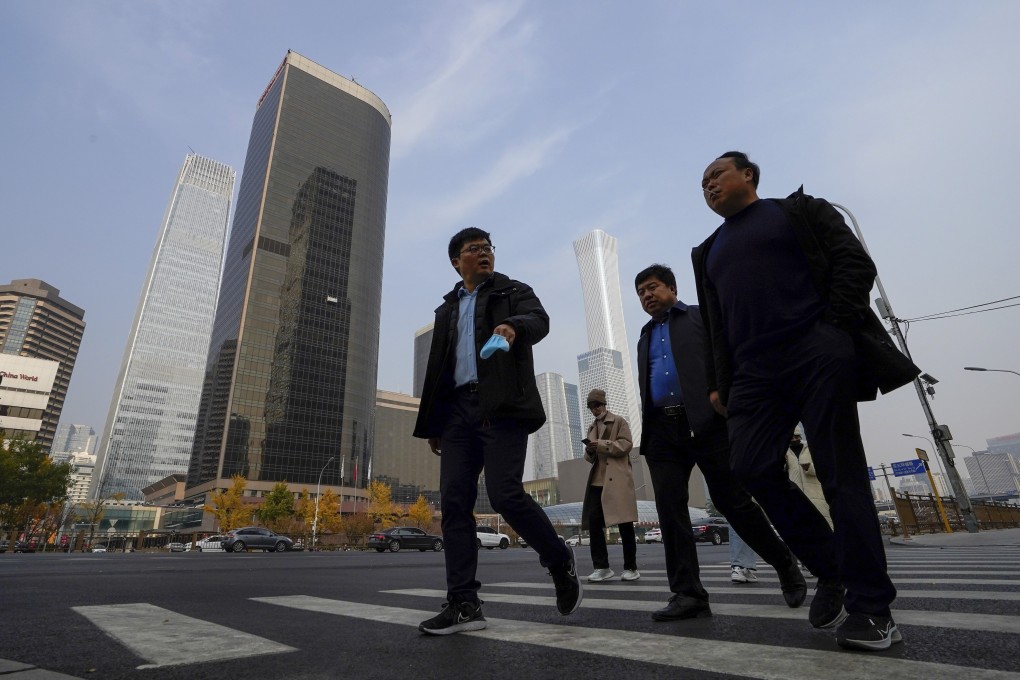Advertisement
Hong Kong and China markets rise on strong manufacturing data from world’s second-largest economy
- Hang Seng Index rose 0.9 per cent, while the Shanghai Composite gained 1.8 per cent
- Chinese manufacturing reported sharpest improvement in 10 years in November, according to Caixin/Markit PMI
Reading Time:3 minutes
Why you can trust SCMP

The Hong Kong and China markets started December on a strong note, boosted by positive manufacturing data from the world’s second-largest economy released on Tuesday.
The Hang Seng Index gained 0.9 per cent to 26,567.68, after its biggest drop in six weeks on Monday. The Shanghai Composite also rose, gaining 1.8 per cent for its biggest daily increase in three weeks.
“The official and non-official manufacturing data shows the economic recovery in China had strong momentum going forward, boosting sentiment in the Hong Kong and mainland markets,” said Kenny Tang Sing-hing, the co-founder and chief executive of Royston Securities.
Advertisement
The Caixin/Markit manufacturing purchasing managers’ index (PMI) rose to 54.9 in November from 53.6 in October, its sharpest improvement in 10 years. The data also beat the expectations of a Bloomberg survey, which pointed to a slight decline to 53.5. A reading above 50 means that activity in the sector is expanding. The Caixin/Markit PMI focuses more on small, private firms unlike the official index, whose respondents come mostly from larger, state-owned companies.
China’s official manufacturing PMI, released on Monday, stood at 52.1 in November, rising from 51.4 in October to its highest level since September 2017.
Advertisement
Cyclical stocks, or those that are particularly sensitive to economic cycles, such as Chinese financials, outperformed on Tuesday, Tang said.
Advertisement
Select Voice
Select Speed
1.00x